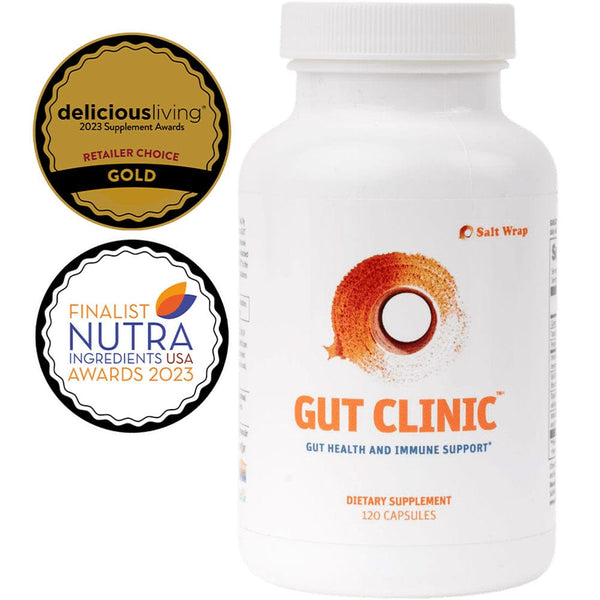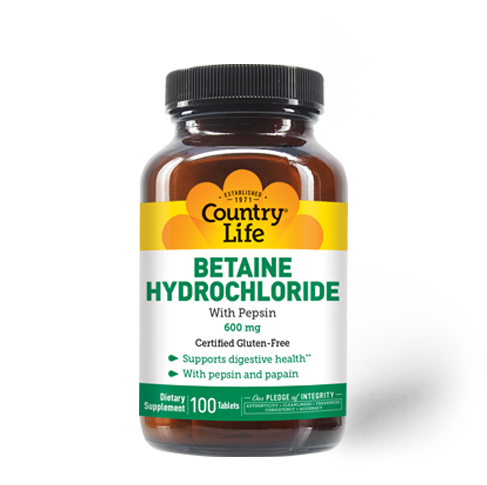Looking for a Gut Health Supplement? Here’s What You Need to Know
Looking for a Gut Health Supplement? Here’s What You Need to Know
Blog Article
Discover the Secret to Digestion and Immunity With Gut Wellness Assistance

Understanding Intestine Health
Comprehending intestine health and wellness is crucial for general wellness, as it plays a substantial role in food digestion, resistance, and even mental health and wellness. The intestine, comprising the intestinal system, is in charge of breaking down food, soaking up nutrients, and expelling waste. A balanced digestive tract setting ensures efficient digestion, enabling the body to make use of nutrients effectively.
Moreover, gut health and wellness dramatically impacts the immune system. The intestine houses a considerable section of the body's immune cells, and a healthy and balanced gut can assist ward off virus and lower swelling. Disruptions in gut health can result in an overactive immune reaction, potentially adding to autoimmune conditions and allergic reactions.
Furthermore, the digestive tract is commonly described as the "2nd mind" because of the gut-brain axis, a complicated interaction network linking the brain and the gut. This connection affects state of mind, cognition, and psychological wellness. Problems such as dysbiosis, defined by a discrepancy in gut bacteria, have actually been related to mental health problems, consisting of stress and anxiety and anxiety.
The Gut Microbiome Explained

The intestine microbiome, a varied neighborhood of microorganisms staying in the intestinal tract, plays a pivotal duty in preserving gastrointestinal wellness and general well-being. Consisting of trillions of germs, viruses, fungis, and other germs, this complicated community help in the food digestion of food, the synthesis of important nutrients, and the law of metabolic procedures.
Each individual's digestive tract microbiome is distinct, affected by elements such as diet regimen, way of life, genes, and environmental direct exposures. A balanced microbiome sustains optimal food digestion by breaking down complicated carbs, producing short-chain fats, and helping with the absorption of nutrients. Alternatively, a discrepancy, often described as dysbiosis, can lead to digestive problems, including short-tempered bowel syndrome (IBS) and inflammatory digestive tract disease (IBD)
Research study has actually shown that a varied microbiome is related to better health outcomes, underscoring the importance of nutritional options in supporting these microorganisms. Foods rich in fiber, probiotics, and prebiotics, such as fruits, veggies, and fermented products, can advertise a healthy and balanced microbiome. Understanding the digestive tract microbiome is essential for establishing targeted treatments intended at boosting gastrointestinal health and wellness and protecting against gastrointestinal diseases.

Connection Between Digestion and Resistance
A durable link exists between digestion and resistance, highlighting the vital role of the digestive tract in maintaining general wellness. The gastrointestinal system is home to trillions of microorganisms that develop the digestive tract microbiome, which significantly influences both immune feedbacks and digestion procedures. This complicated ecological community help in damaging down food, soaking up nutrients, and supplying necessary metabolites that sustain immune feature.
When food digestion is effective, the digestive tract barrier stays undamaged, avoiding dangerous microorganisms from going into the bloodstream. Approximately 70% of the immune system resides in the gut-associated useful source lymphoid tissue (GALT), which connects carefully with the intestine microbiome.
Tips for Sustaining Gut Wellness
Sustaining intestine wellness is vital for maintaining both digestive system performance and a well-functioning body immune system. To cultivate optimum digestive tract health, consider including a number of useful techniques right into your day-to-day regimen.
First, focus on hydration. Drinking ample water sustains digestion and helps keep the mucosal lining of the intestinal tracts. In addition, normal exercise can enhance digestive tract motility and advertise a varied microbiome.
Mindful eating practices are likewise necessary. Chewing food extensively and eating gradually can help digestion and prevent overindulging, which may emphasize the intestine. Handling tension via methods such as reflection, yoga exercise, or deep-breathing exercises can positively affect intestine health and wellness, as stress is known to interrupt digestive processes.
Integrating prebiotics and probiotics right into your routine is an additional reliable strategy. While specific foods will be gone over later on, recognizing the relevance of these parts is essential. Prebiotics serve as food for useful gut germs, while probiotics introduce real-time helpful microorganisms.
Lastly, avoid extreme use of prescription antibiotics, as they can interrupt the balance of gut plants. By adhering to these tips, you can substantially add to the upkeep of a healthy and balanced digestive tract, which is crucial for overall wellness and vigor.
Foods That Promote Digestive Tract Health

Fermented foods, such as yogurt, kefir, kimchi, and sauerkraut, are rich in probiotics, which are advantageous microorganisms that sustain digestive tract plants and improve digestion. These foods can assist recover balance in the digestive tract, particularly after antibiotic use or digestive disruptions.
Along with fermented alternatives, prebiotic foods, such as garlic, onions, asparagus, and bananas, act as nourishment for these probiotics, promoting their growth and activity. next These soluble fibers support gut motility and can alleviate problems like irregular bowel movements.
In addition, incorporating high-fiber foods, consisting of entire grains, veggies, legumes, and fruits, is essential for maintaining a healthy and balanced intestine. Fiber help in regular defecation and helps protect against digestive system problems.
Last but not least, omega-3 fatty acids found in fatty fish, flaxseeds, and walnuts have anti-inflammatory homes that can further sustain gut health. Stressing these foods in your diet can result in a robust digestive system and improved immune function.
Verdict
In verdict, prioritizing digestive tract health is vital for maximizing food digestion and enhancing immunity. A balanced digestive tract microbiome, affected by nutritional options and lifestyle aspects, plays a vital function in nutrient absorption and swelling decrease.
Recognizing intestine wellness is essential for total wellness, as it plays a considerable function in digestion, resistance, and even mental health. The gut houses a significant portion of the body's immune cells, and a healthy digestive tract can assist fend off virus and decrease swelling.In addition, the gut is usually referred to as the "second mind" due to the gut-brain axis, an intricate interaction network linking the brain and the intestine.A durable connection exists between food digestion and immunity, highlighting the essential function of the gut in maintaining overall wellness.In verdict, prioritizing gut health is essential for maximizing food digestion and enhancing resistance.
Report this page